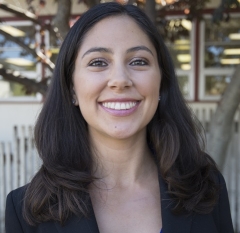Creating Code of Ethics for Localizers
| by Eva Gudbergsdottir
Middlebury Institute Translation and Localization Management Professor Alaina Brandt worked with a team of graduate students to create a code of ethics and professional standards for localization managers.




